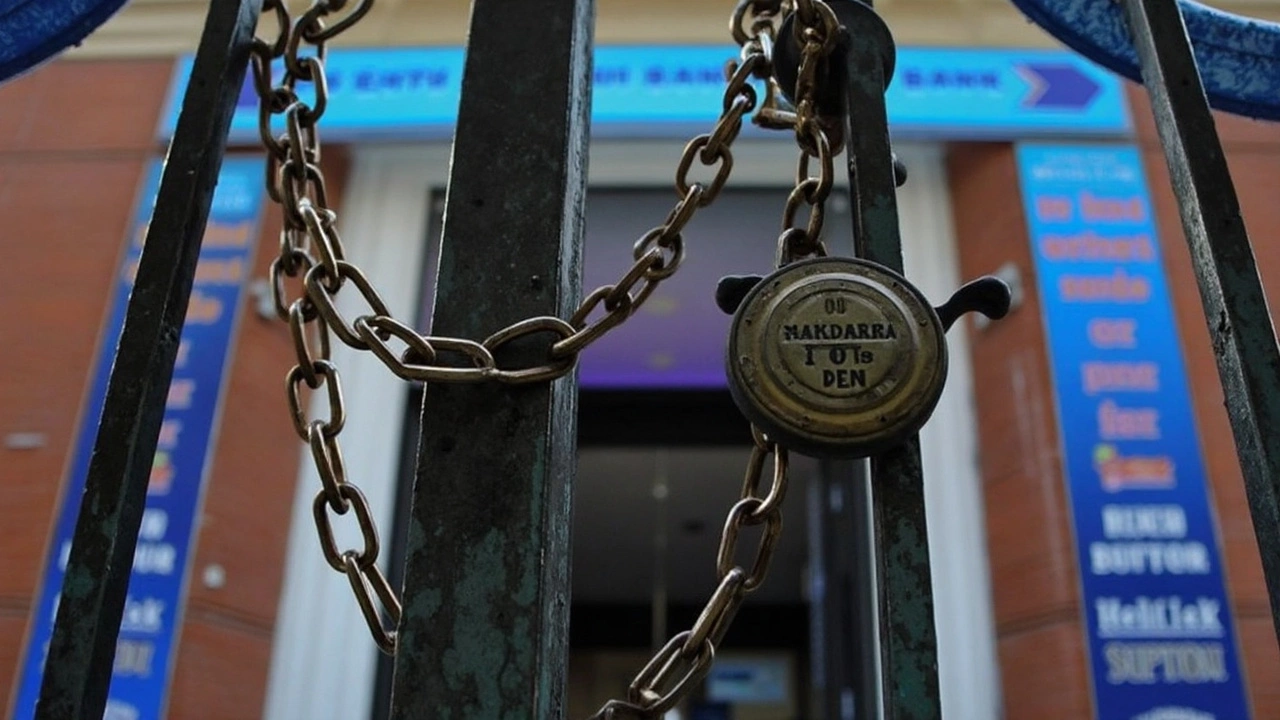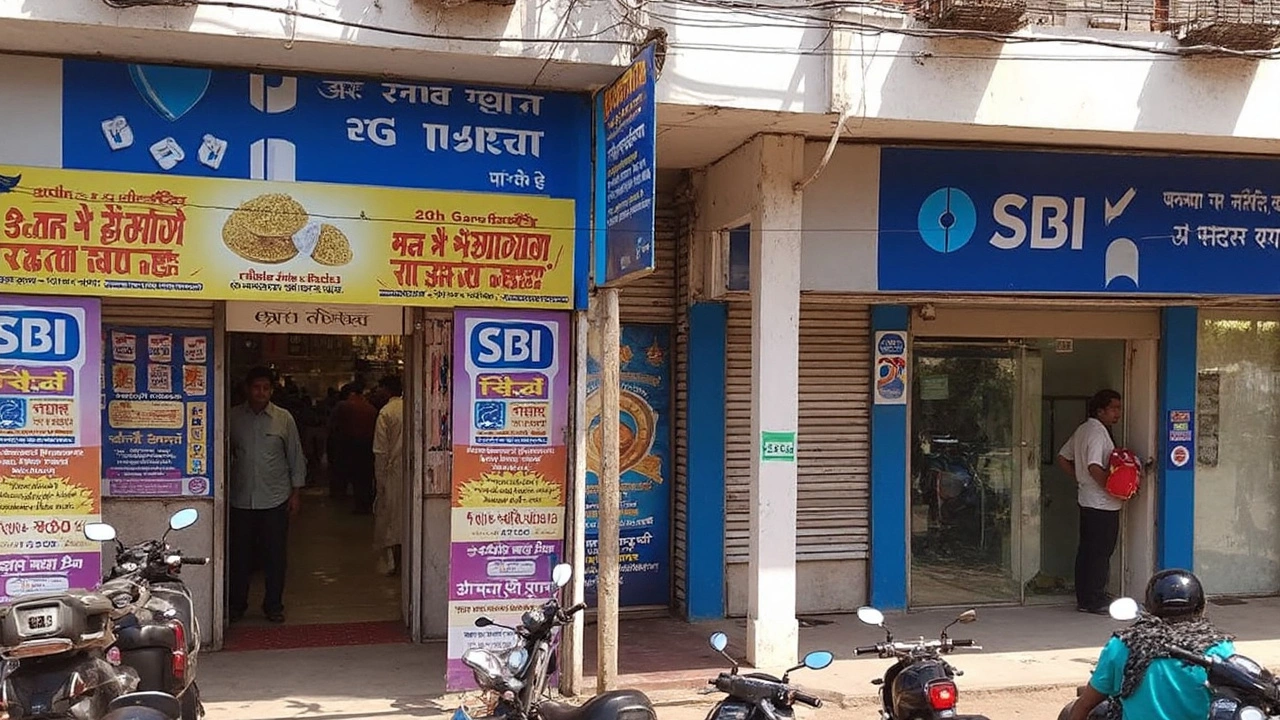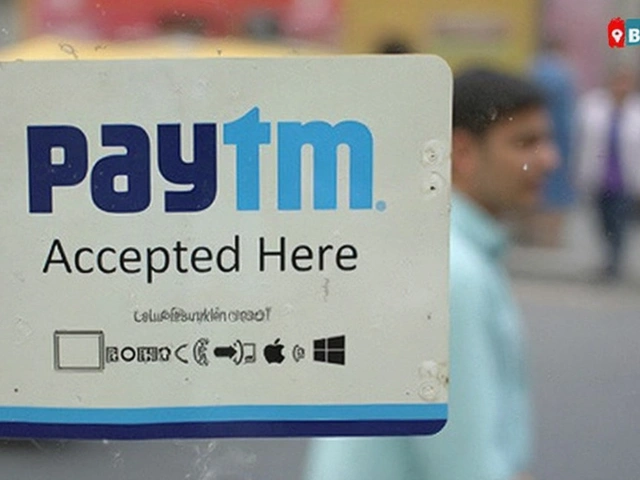Bank Strike On Hold After Major Breakthrough in Talks
The much-anticipated nationwide bank strike, which would have brought banking operations in Aligarh and across India to a standstill on March 24-25, is now off the table—at least for the time being. This decision came right after an intense round of negotiations between the United Forum of Bank Unions (UFBU) and the Indian Banks' Association (IBA), with the Finance Ministry acting as a key mediator. The move has averted what could have been serious disruptions for millions of customers who rely on in-person banking services and ATM operations.
It's not just about pay hikes or an extra holiday. Bank unions have been pushing for the implementation of a five-day workweek, which aligns with what central government staff already enjoy. That’s a big deal for staff who often put in long hours with only minimal breaks. The banking community’s growing frustration over unfilled vacancies in public sector banks also formed a core part of the discussions. Many branches run on thin staffing, impacting everything from customer service to loan processing speeds. This gap has been a sticking point for years, causing stress among remaining employees and delays for customers.
Another flashpoint? The controversial performance-linked incentive (PLI) system and new performance review rules rolled out by the Department of Financial Services (DFS). Unions say these policies threaten job security and create an unhealthy divide between high-performers and others—leading to stress rather than real productivity.

What Unions Want and What’s Next
The nine powerful associations within the UFBU—including big players like the All India Bank Employees Association (AIBEA) and the All India Bank Officers' Confederation (AIBOC)—are not just stalling for time. They put hefty demands on the table. Beyond the workweek change, they're advocating for amendments to the Gratuity Act, asking to match the ₹25 lakh ceiling so that bank staff get the same deal as government employees when they retire. That’s a significant jump for many employees nearing pension age.
Unions are also challenging recent micro-management trends by the DFS. The belief is that too much interference from the top doesn’t help efficiency on the ground. For junior employees and contract workers, the demand to regularize their positions is critical—giving them a stable future rather than livelihoods that could be upended by shifting policies.
- The IBA must now deliver a clear progress report by April 22.
- Fresh talks will kick off again in the third week of April.
This latest decision follows a failed round of negotiations earlier in March when core issues, including staff regularization and DFS directives, were left unresolved. However, this time, union leaders say there's cautious optimism as both the IBA and Finance Ministry seem more open to addressing long-standing grievances.
For everyday bank users, it's a brief sigh of relief. But with so much at stake—and negotiations still open—the tension between unions and management isn’t likely to fade soon. For now, watches are set for April, when both sides will try (again) to find common ground that could shape the future of India’s public sector banks.



